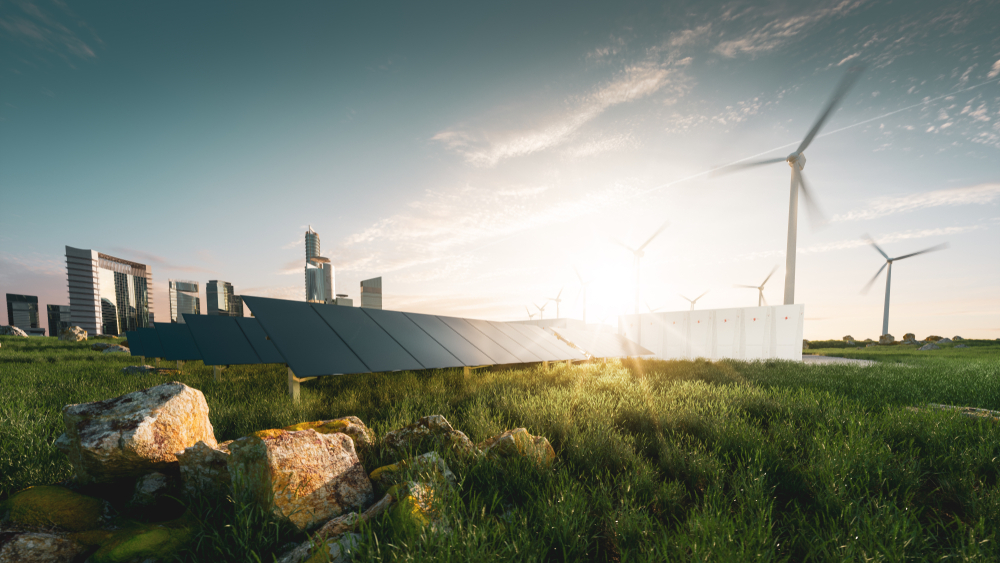
Challenges and needs must be addressed by adopting a unified and integrated vision. On one hand, there is the need to look towards the future and with a broad view, by projecting the own choices on scenarios and challenges in a wider way. In this way, it is possible to realize a new digital transformation path, more consistent and resilient. On the other hand, is necessary to develop the insights and goals of strategic and prospective type, into concrete and better actions for the own operational reality. In this way, the latter becomes an active part of a system of change.
Sustainable Food System
With Sustainable Agriculture it is intended a development model capable of ensuring the fulfilment of the present Generation’s needs, without compromising though the Generation’s future possibilities. It is focused then on the resources’ regeneration. Hence, the Sustainable Agriculture is an unpredictable approach that guarantees the ecosystem’s stability.
Establishing common goals for sustainable development is fundamental, and it is the urgency that brought to the adoption of the Agenda 2030, released by the United States. Each of the goals, prefixed by this initiative, poses a challenge for those who operate in the agri-food sector. Indeed, they must evolve to respond to economic, social, and environmental needs. Moreover, these goals are essential to furnishing all the assurances so that the capacity to produce food in safe conditions for future generations would be compromised from the present choices and actions.
The Sustainable Agriculture applied to the agrifood sector influences significantly the citizen-consumer’s choices.
The companies that pay attention to this issue can take the opportunity to position themselves at a communicative level through certifications, the label affixed to their products and marketing campaigns: every tangible demonstration of attention that is linked to the growing research of sustainability from the citizen-consumer in the food they have on their tables. Recent studies confirm that the majority of the consumers is always more likely to purchase sustainable products, rewarding the value of the added information regarding the provenience and the modality of production of the food, even if means to pay a higher price.
The sustainable production and consume of sustainable food are the first steps to fight the climate change and the food waste.
Learn more and find out how to address the needs of agrifood
in the Digital Food Conferences webinar cycle.
Learn more